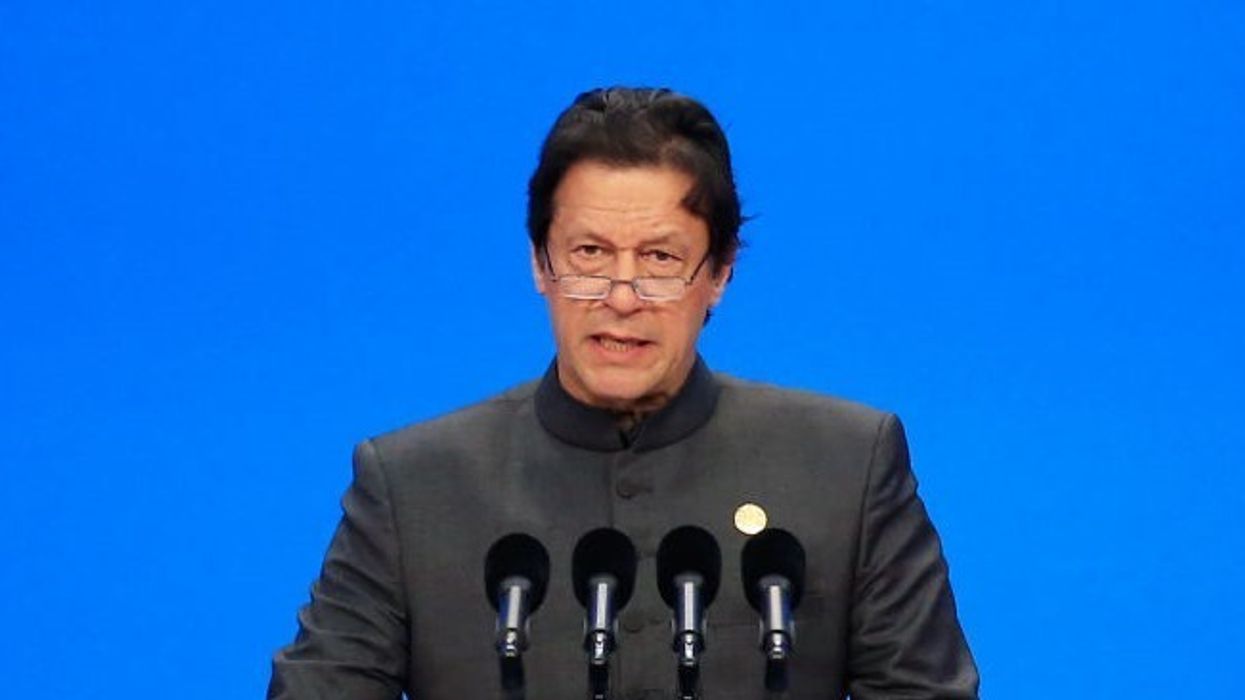PAKISTAN accepts the ‘Chinese version’ of the treatment of Uighurs, a minority Muslim ethnic group, in China's Xinjiang province because of Islamabad's "extreme proximity and relationship" with Beijing, said prime minister Imran Khan on Thursday (1).
Speaking to Chinese journalists as Beijing marked the centenary of the ruling communist party, Khan said the Chinese version on the Uighur issue was different from what was being reported in the Western media.
The US and the EU besides are among many other countries who have accused China of committing genocide against the Uighurs in resource-rich Xinjiang and called for an international probe by human rights groups.
"Because of our extreme proximity and relationship with China, we actually accept the Chinese version," he was quoted as saying by the Dawn newspaper
According to researchers, an estimated million people or more - most of them Uighurs - have been confined in re-education camps in China's western Xinjiang region in recent years.
Chinese authorities have been accused of imposing forced labour, systematic forced birth control, torture and separating children from incarcerated parents.
China has refuted allegations of interning millions of Uigurs in mass detention camps, which were officially termed as education camps, in a bid to wean them away from religious extremism.
"It is hypocritical. There are much worse human rights violations taking place in other parts of the world. But Western media hardly comment on this," the prime minister said.
Underlining Pakistan's strong ties with China, Khan said whenever Pakistan has been in trouble, politically or internationally, China has always stood with it.
Pakistan's relationship with China had nothing to do with India, he said, adding, "our relationship is a bilateral relationship. It is extremely strong."
On the economic relationship between Pakistan and China, the prime minister said he sees the ties moving forward.
"The next phase of the China-Pakistan Economic Corridor (CPEC) is very exciting for Pakistan. We plan to attract Chinese investment for special economic zones as our labour is cheaper," he said.


















 Chairman of Reform UK, Zia Yusuf addresses Reform UK supporters and the media as the party celebrates historic local election victories on May 02, 2025 in Paddock Wood, England. (Photo by Lia Toby/Getty Images)
Chairman of Reform UK, Zia Yusuf addresses Reform UK supporters and the media as the party celebrates historic local election victories on May 02, 2025 in Paddock Wood, England. (Photo by Lia Toby/Getty Images)